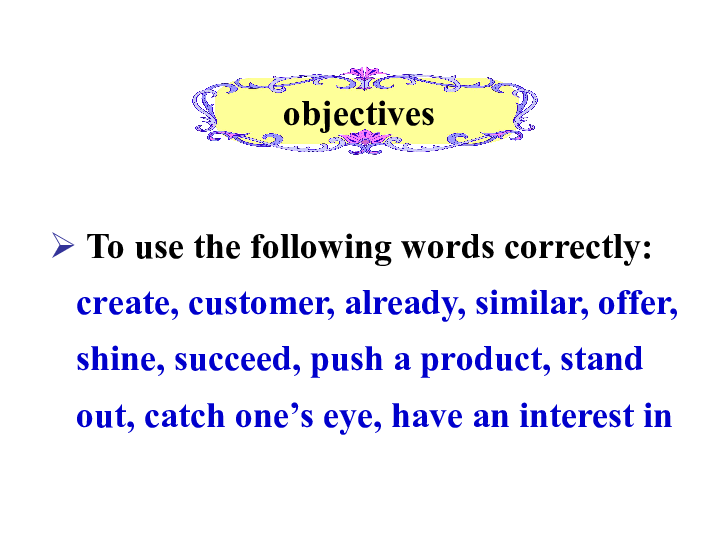Understanding What Happens to Loans When You Die: A Comprehensive Guide
#### What Happens to Loans When You DieWhen a person passes away, their financial obligations, including loans, can create a complex situation for their hei……
#### What Happens to Loans When You Die
When a person passes away, their financial obligations, including loans, can create a complex situation for their heirs and estate. It’s crucial to understand what happens to loans when you die, as this can significantly impact the financial well-being of your loved ones.
#### The Basics of Debt After Death
Upon death, the deceased's estate is responsible for settling any outstanding debts, including personal loans, mortgages, and credit card debts. This process typically involves the following steps:
1. **Estate Assessment**: The executor of the estate will assess all assets and liabilities. This includes identifying all loans and debts owed by the deceased.
2. **Probate Process**: The estate usually goes through probate, a legal process where the deceased's assets are distributed according to their will or state laws if there is no will. During this time, creditors may file claims against the estate to recover what is owed.
3. **Debt Payment**: If the estate has sufficient assets, the debts will be paid from the estate before any distribution to heirs. This means that loans must be settled before beneficiaries receive their inheritance.

4. **Insufficient Assets**: If the estate does not have enough assets to cover the debts, it may be declared insolvent. In this case, creditors may not be able to recover the full amount owed. Heirs are generally not responsible for the deceased's debts unless they were co-signers or joint account holders.
#### Types of Loans and Their Implications
Different types of loans may have varying implications upon death:
- **Secured Loans (e.g., Mortgages)**: If the deceased had a mortgage, the responsibility for the loan typically falls to the estate. If the estate cannot pay, the lender may foreclose on the property. However, if a family member inherits the property, they may assume the mortgage and continue making payments.
- **Unsecured Loans (e.g., Personal Loans, Credit Cards)**: These debts are usually paid from the estate. If there are insufficient funds, the debts may go unpaid, and heirs will not be liable unless they co-signed.

- **Student Loans**: Federal student loans are generally discharged upon death, meaning the debt does not transfer to heirs. However, private student loans may have different terms, so it's essential to check the loan agreement.
#### Planning for the Future
To mitigate the impact of loans on your loved ones after your death, consider the following steps:
- **Create a Will**: Outline your wishes regarding your assets and debts. This can help ensure that your estate is settled according to your preferences.
- **Discuss Finances with Family**: Open communication about your debts and financial situation can prepare your loved ones for what to expect.

- **Consider Life Insurance**: Life insurance can provide funds to cover outstanding debts, ensuring that your heirs are not burdened with financial obligations.
#### Conclusion
Understanding what happens to loans when you die is essential for effective financial planning. By being proactive and addressing your debts and estate planning, you can help protect your loved ones from potential financial strain. Always consult a financial advisor or estate planning attorney for personalized advice tailored to your specific situation.